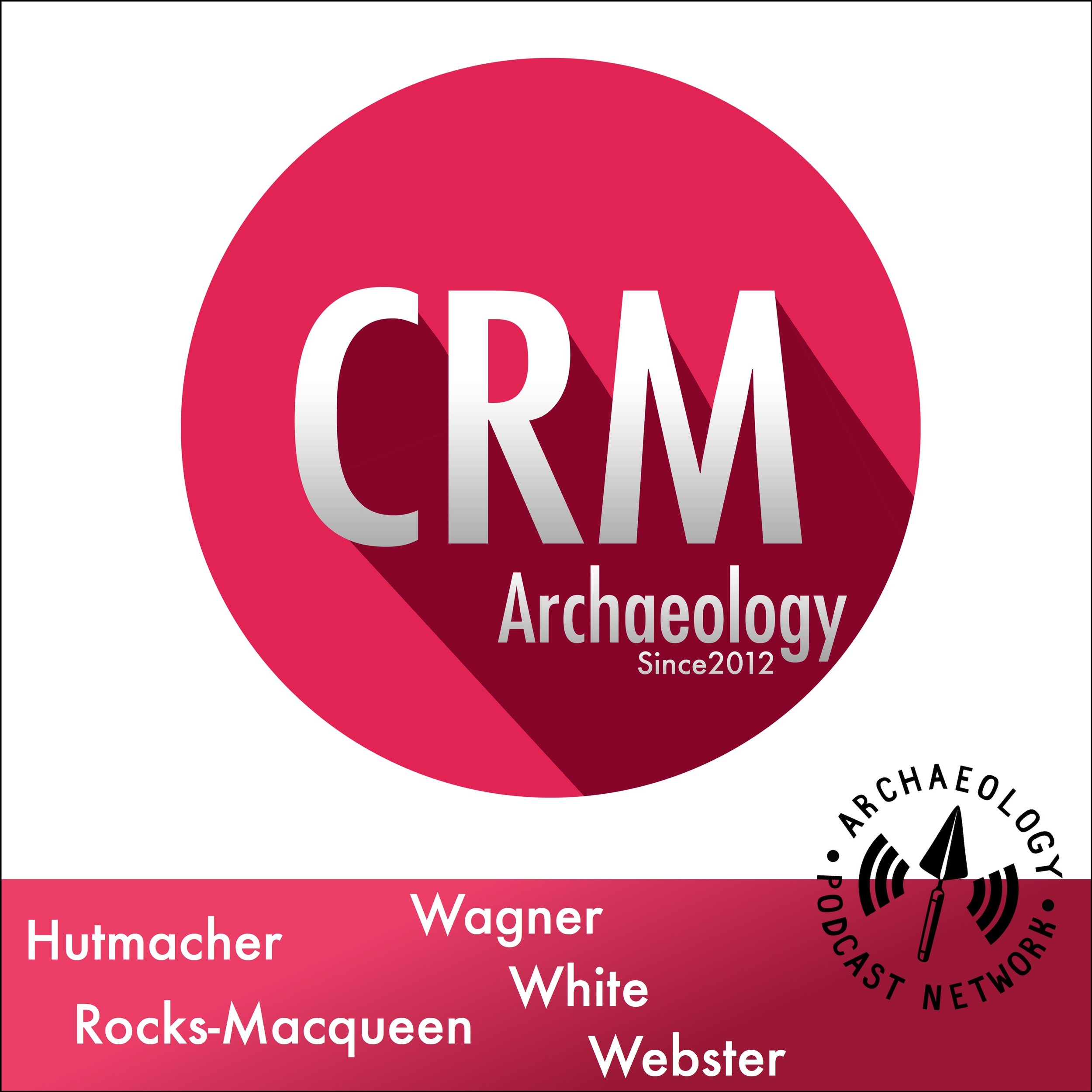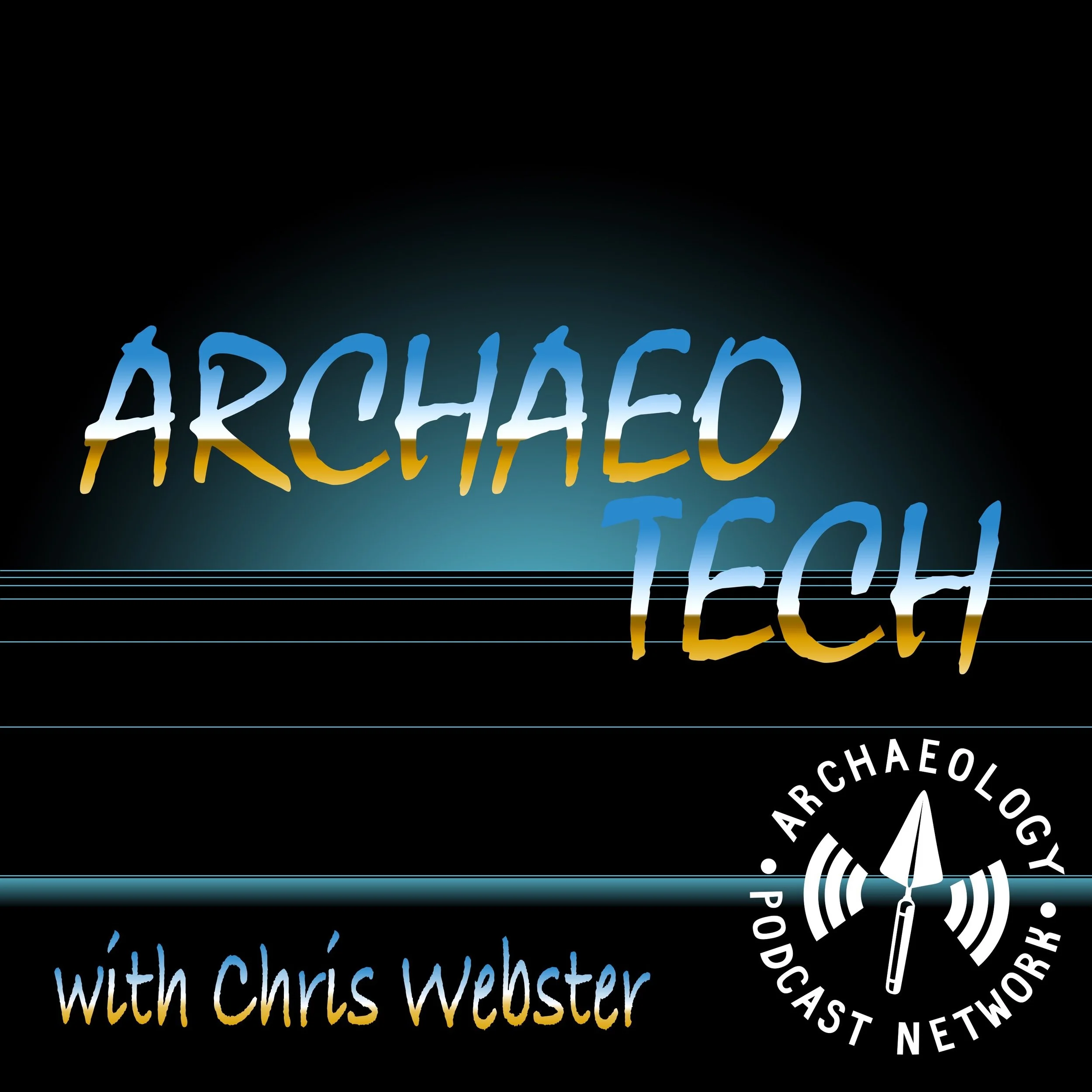Data loss is one of the most terrifying things an archaeologist, or any scientist, fears. To have all that hard work, and sometimes un-replicable work, lost because of something that you could ultimately control is something we don't like to think about. But, we have to. Especially as archaeology goes more into the digital realm all field archaeologists have to think about how they are preserving and backing up their data not only in the field but at every step of the process. Paul and Chris talk about this problem and some possible solutions on today's episode.
Links
- Wildnote
- Tap Forms
- SanDisk WiFi Connect
- Time Machine
- BackBlaze
- CrashPlan
- Barracuda
- Dropbox
- SpiderOak
- Google Drive Filestream
App of the Day
- Chris: All Trails
- Paul: GuitarTuna
Contact
- Chris Webster
- Twitter: @archeowebby
- Email: chris@archaeologypodcastnetwork.com
- Paul Zimmerman
- Twitter: @lugal
- Email: paul@lugal.com























